Ten years after buying the club, FSG have reinvented Liverpool Football Club – and look set to do so again, writes Si Steers.
When the Premier League was created back in 1992 Liverpool were still a dominant force in English football, albeit in transition and still coming to terms with the impact of the Hillsborough tragedy four years prior.
The biggest single failure of the club during that time was to adapt to the evolution of the game, standing still whilst clubs like Manchester United recognised the critical role finance would play in modern football and created a sustainable model fit for the future.
It has taken Liverpool a generation to catch up. It has also taken an incredibly smart set of owners who have architected an impressive revival over the past decade. It hasn’t been an easy journey, with ups and downs along the way. But the vision and ambition has always been there – and the next stage of the clubs evolution under FSG will mean Liverpool will not get left behind for a second time.
Ten years in the making
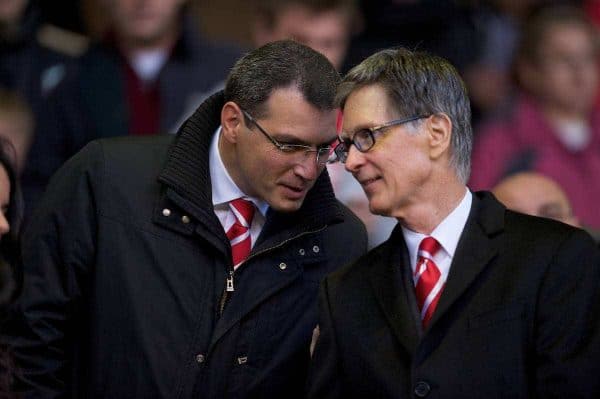
FSG made it very clear back in 2010 that they had a lot to learn when about football. They became ardent students of the game and spoke to lots of people to accelerate understanding. The early appointment of Damian Comolli was the first attempt at applying a baseball-style GM model in football – although we are more familiar with the term Sporting Director or Director of Football.
Although Comolli didn’t work out, the idea was clear. FSG have always been huge fans of ‘moneyball’ and they wanted a Billy Beane style person looking for value that competitors didn’t see. They now have that person in Michael Edwards, but it took some time and learning to get there.
Back in 2012, I wrote an article called ‘the game plan’ which John W Henry retweeted on Twitter, giving some credibility to the three strategic themes I highlighted as being the pillars of FSG’s manifesto.
The three themes were the Sporting Director Model, the Stadium and Commercial. Unlike those that went before them, FSG have nailed the stadium issue, with the new main stand a real legacy of ownership and future plans to redevelop Anfield Road on the roadmap. Commercial revenue has also transformed with the club now a powerhouse.
Under Brendan Rodgers, FSG moved away from part of that manifesto in reaction to that incredible season of 2013/14. But once they realised that wasn’t sustainable progress and Rodgers’ desire to have full control at the club was a flawed idea, they returned to the idea of a Sporting Director – appointing Michael Edwards to that role in 2016.
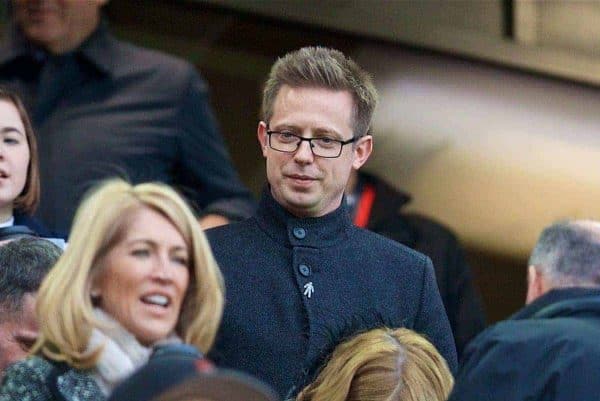
Edwards has been with the Reds since 2011 and his influence with FSG has grown with his analytical approach to recruitment in line with the owners’ vision for the club.
2015/16 is when things really started coming together for FSG and Liverpool.
The appointment of Jurgen Klopp as Manager and Michael Edwards as Sporting Director has created a dream team that has translated to huge success on the pitch, culminating with the club winning every single major honour in a 12-month period.
John Henry would surely admit he’d love to have got Klopp to Liverpool sooner, and the appointment of Rodgers was very much influenced by the type of coach Klopp had become at Dortmund. Once Klopp became available, it was almost inevitable Liverpool would do everything they could to get him.
The club’s recent achievements are a huge testament to the vision, ambition and determination of FSG to make Liverpool great again. And it is sustainable too.
A sustainable future
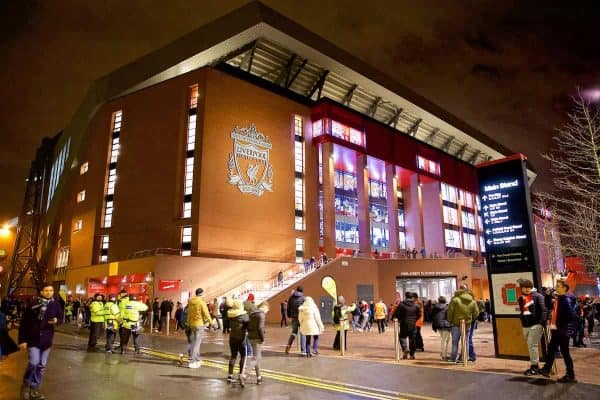
There are two types of football clubs in modern football: The type that relies on benefactor owners to fund its success, and clubs that rely purely on its own income to be successful.
Under FSG Liverpool fall into that second camp; although it frustrates supporters at times watching others spend without restraint, it is the model that means the club will always be in charge of its own destiny, whoever the owner.
One of the biggest factors in the sustainability of success at Liverpool is the recruitment model led by Michael Edwards and his team. Since Edwards has been in the post, the club has become one of the best in the world at both buying and selling players.
With Klopp, Liverpool have the best coach in world football at improving footballers, and although we are still to see the best of some players, it is hard to argue that the vast majority of the Liverpool squad have not improved under the manager. Edwards finds players with a high ceiling but under the radar of competitors – and Klopp helps them smash through it.
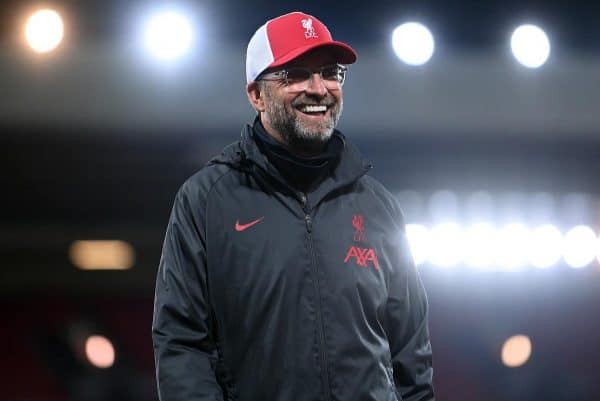
The interesting thing about the model at Liverpool is that although the club rarely pays top end transfer fees, the wage bill is one of the highest in world football. The club turns players from good to great and rewards them for it. Liverpool rarely go for the ready-made player—that said, it is going to be great seeing Thiago in a red shirt regularly!
The structure at the club is incredibly strong with great people in all key roles. The team around Klopp is hugely important, not just Edwards, but the likes of Pep Lijnders who has a huge influence on our style and Klopp’s ideas.
Of course, a day will come when we need to replace key people like Klopp and Edwards. But the maturity of our owners now means that they have a very clear idea of the type of people they need to succeed, the model and identity will likely transcend any individual.
Financially the club continues to go from strength to strength, although a global pandemic has hit the revenues of businesses across the globe and football is not immune. But as the world recovers from COVID-19, Liverpool has all of the right levers to recover quickly and continue to grow its revenue and invest that back into success on the pitch – via transfer fees and, just as importantly, wages.
Control of destiny
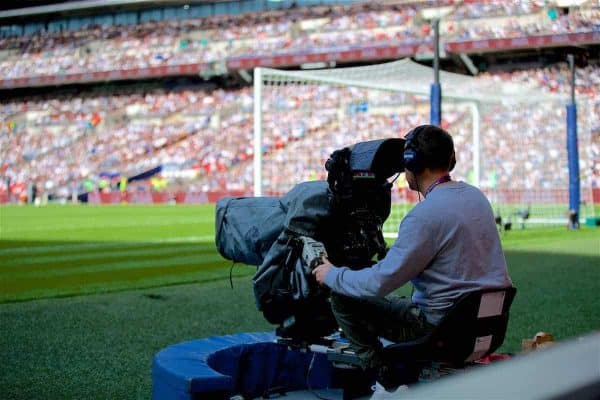
It has emerged that John W. Henry was one of the architects behind Project Big Picture. It has long frustrated Henry that Liverpool have not been able to control parts of its own destiny as the Premier League is sold as a ‘collective’ product where each shareholder benefits from the inflated revenue that the ‘big six’ generate.
Now there is a responsibility for the ‘big six’ to take a responsible role as custodians of the game – so a balance needs to be struck on the needs of the club and the needs of the wider game.
Project Big Picture has generated much rage, but some of the proposals around redistributing wealth throughout the football pyramid should be applauded.
The reason Henry wants more influence in the Premier League is so that Liverpool can take more control of its own destiny, rather than having it dictated to them by other clubs also driven purely out of self-interest. It won’t have escaped Henry’s attention that Project Restart was so difficult to get going due to all teams voting out of self interest and not for the good of the game.
Of course, it was never going to fly that Liverpool, along with eight other clubs, would become the power-brokers in English football. But something does need to change. Governance in football is broken and unless clubs like Liverpool are allowed to take more ownership over their own destinies, things will break further down the line.
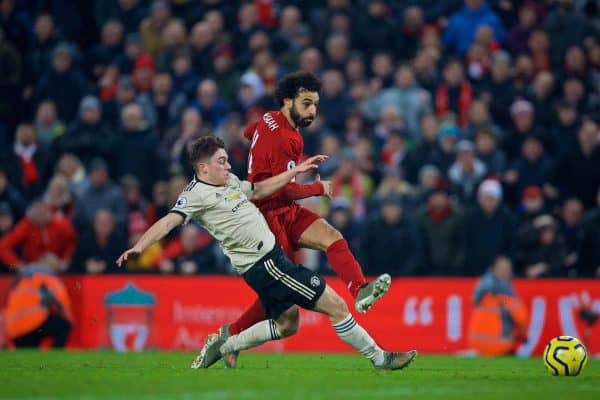
Back in 1992 when the Premier League was formed, Liverpool were passengers in that journey. Henry will not that let happen again so is leading and agitating the change he feels is needed.
The outrage of Project Big Picture is fuelled by lots of different factors. Football doesn’t like change, and tribalism means that most stakeholders will dismiss the ideas just because they come from Liverpool and United.
But the debate needs to be more nuanced – and the flagship ‘product’ of the Premier League generates such worldwide interest due to the global footprint of the biggest six clubs.
Henry’s end-game here will likely be an outcome that gives Liverpool more time for prestigious fixtures outside of the English season, and likely some more control over streaming some games live.
Some of the proposals don’t sit right with the values at Liverpool, but then modern football doesn’t sit comfortably with the values at Liverpool. So we evolve, or fall behind, as you can be sure our rivals will not stand still.
A footballing empire
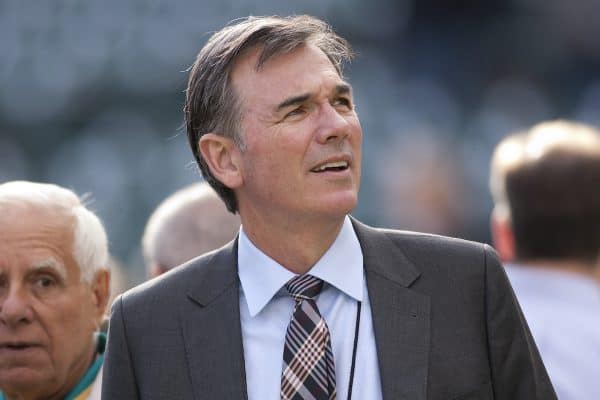
The reports that FSG are considering a deal to merge with an investment group fronted up by Billy Beane do not come as a surprise. In Liverpool and the Red Sox FSG have two flagship sports clubs and a much wider portfolio of interests.
When you look at the model at City, where the owners have a portfolio of clubs across the world, it is clear the intent of FSG and Beane is to build out a similar kind of model. You only need to look at the success of the Red Bull football franchises and the standard of player they produce, to see the benefit of owning multiple clubs.
Where this benefits Liverpool is by building partnerships with clubs across the portfolio to create a pathway for players. It makes total strategic sense to be able to blood players in competitive leagues and then cherry-pick the best for your flagship club. It is another step on the journey of building a sustainable future for Liverpool.
Of course, the second part of the story is the £6bn valuation – with a reported 25 per cent investment, FSG will recoup £1.5bn, which more than covers the £300m they spent on Liverpool ten years ago.
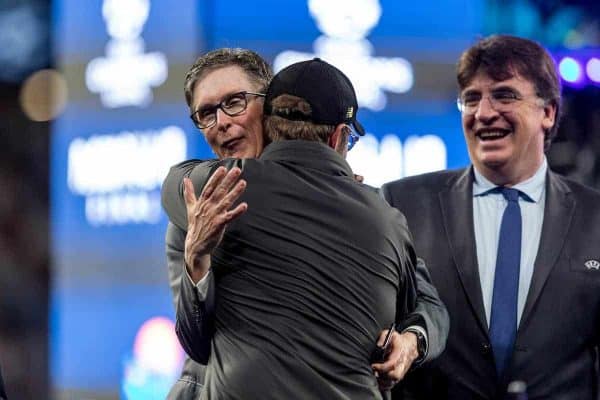
Growing the value of Liverpool and then seeking investment was always the model FSG were going to follow; unlike the Glazers they’ve never taken a penny out of their club and have taken a long-term investor view…and will now see a return.
Although there are some reports that the new ‘FSG’ will be taken public, there will likely be no material change in the ownership at Liverpool and day to day operations. Henry, Werner and Gordon will retain majority shareholding, but with Billy Beane involved and being part of a wider network of football clubs, Liverpool can benefit in the long term.
What is crystal clear is that there is no standing still or waning in the ambition of FSG – they’ve done an incredible job of reinventing Liverpool, but the next stage of that vision will only cement the club’s status further as a footballing superpower.
While not everything sits right for a club built on socialist values, Liverpool FC is being reinvented, again, to make sure it is fit for the future.
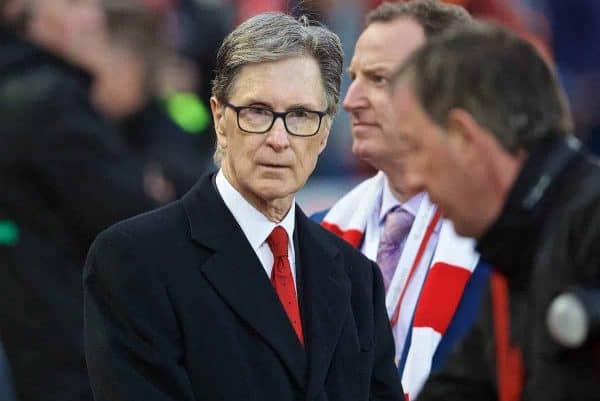


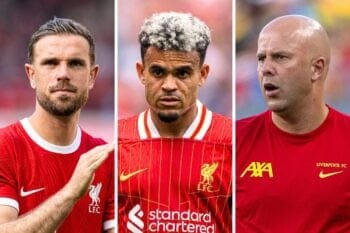
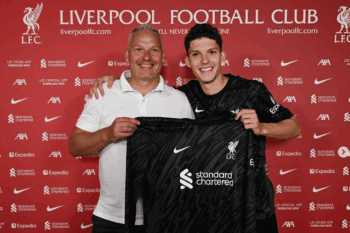






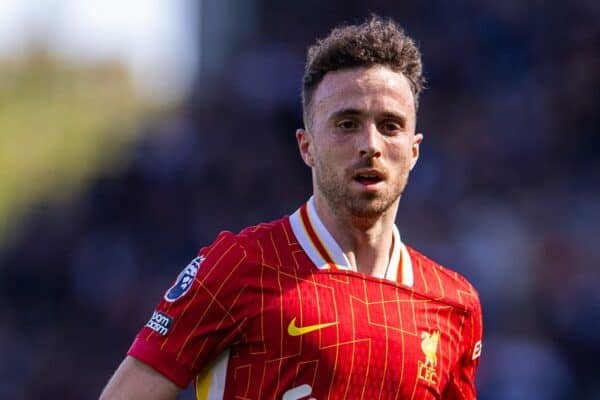
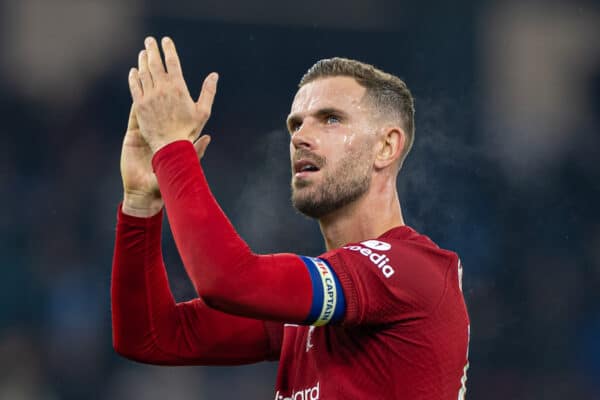



Fan Comments